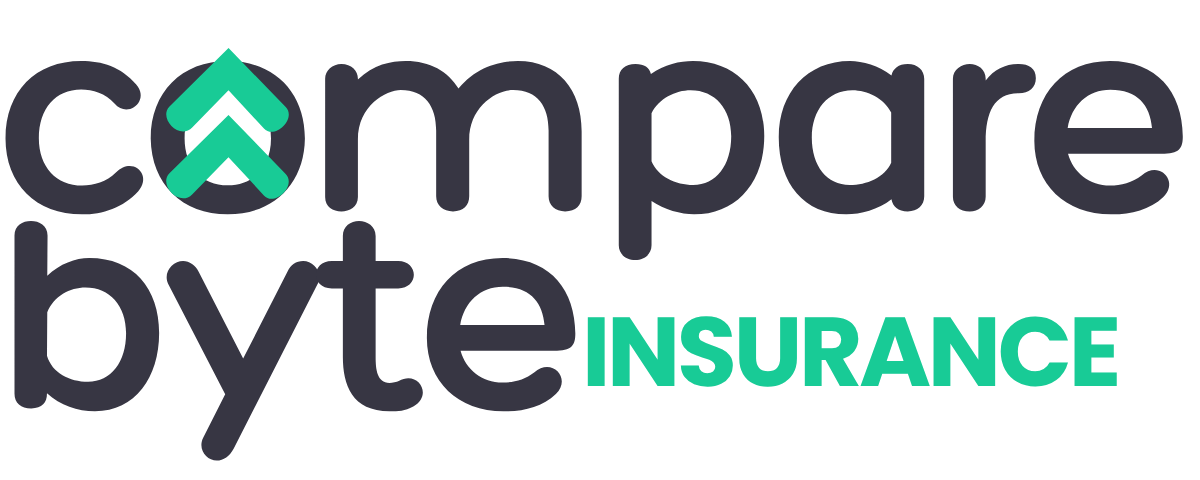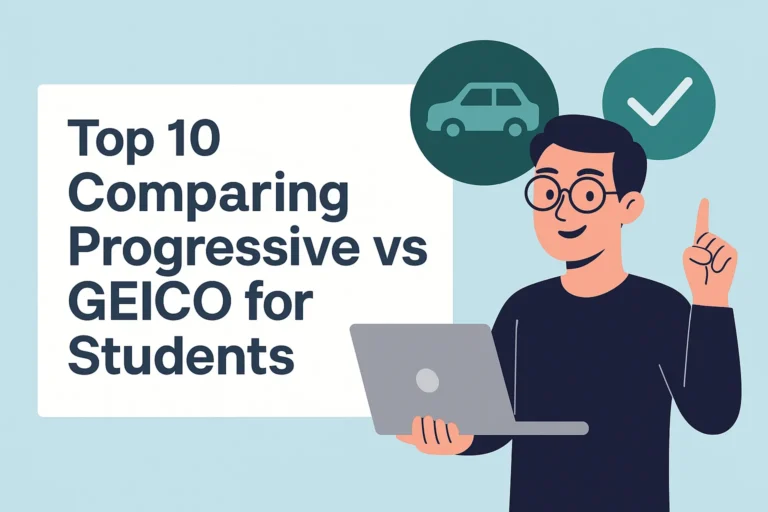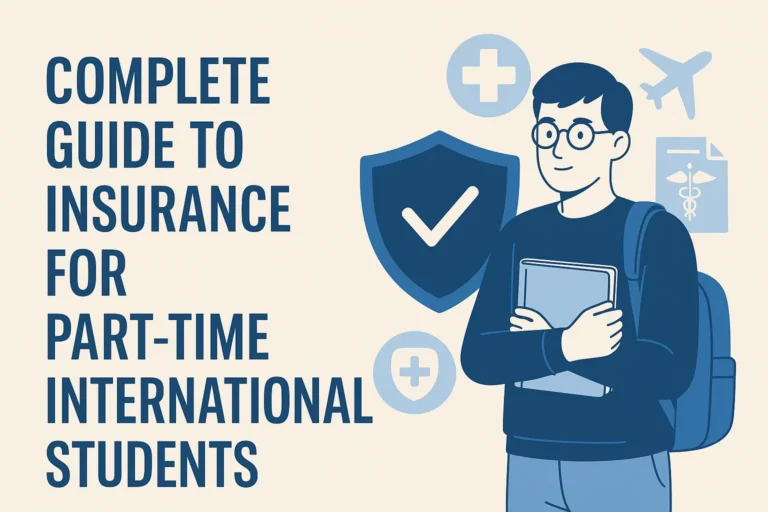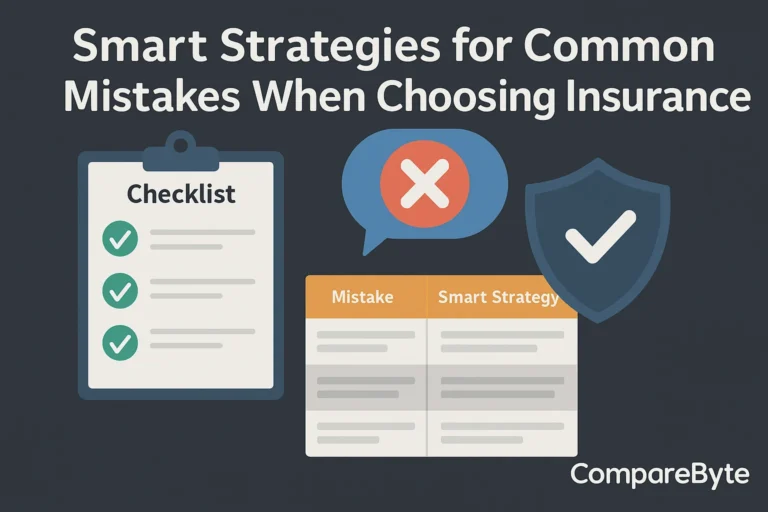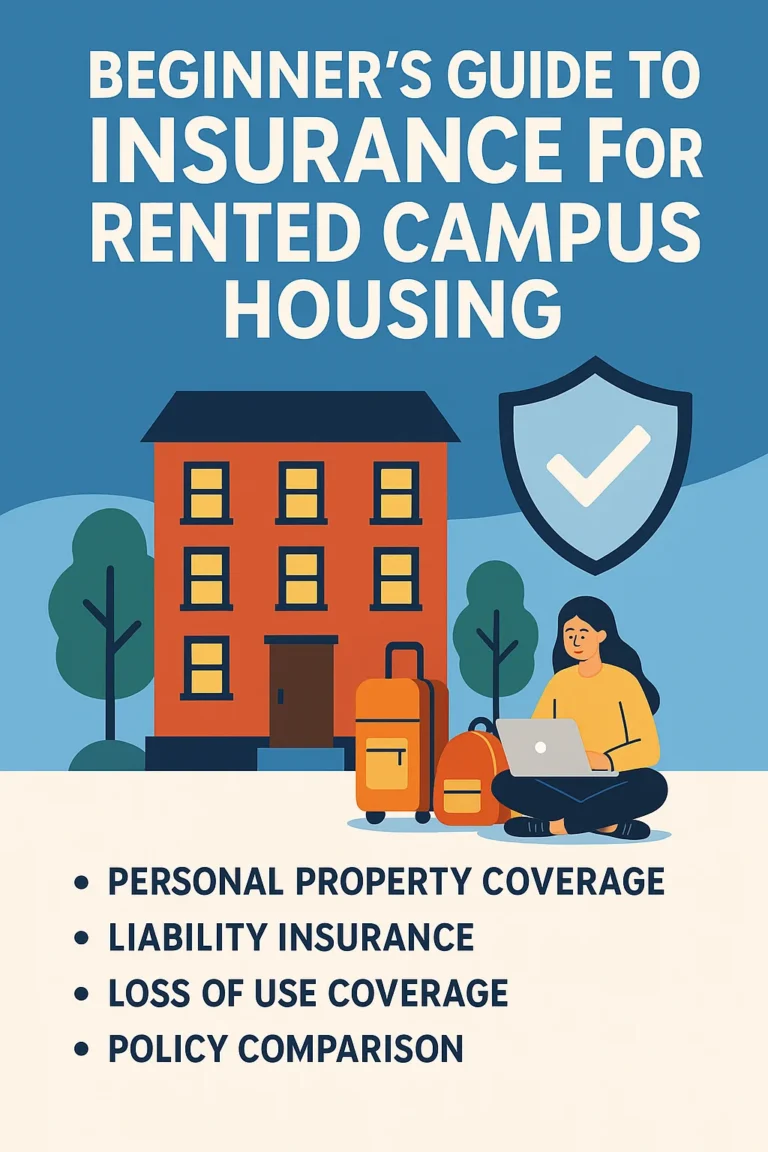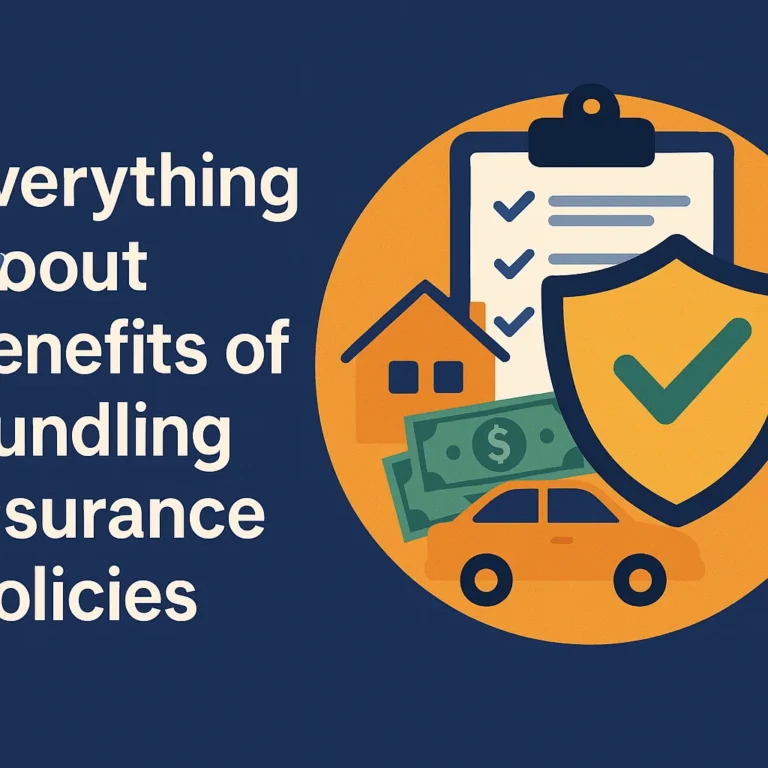Choosing the right insurance policy can be a life-altering decision—one that impacts your finances, security, and peace of mind. However, many individuals fall into the trap of selecting policies based on price alone or failing to read the fine print, only to regret it later during a claim process.
This comprehensive guide will walk you through the most common insurance mistakes people make and how to avoid them. Whether you’re looking for auto insurance, health coverage, or a life insurance policy, understanding these pitfalls can save you from future stress and financial burden.
Understanding the Concept of Insurance Selection
Insurance is a legal contract between the policyholder and the insurer that offers financial protection in the event of specific incidents. While the concept seems simple, the details involved in choosing the right policy are often complex and filled with jargon.
People often assume all insurance policies are similar, but each provider, policy type, and coverage plan varies significantly. These variations can affect everything from premium costs to claim approvals and out-of-pocket expenses.
When selecting insurance, the goal should be to balance affordability with comprehensive coverage. A cheaper policy might leave you vulnerable in a crisis, while an expensive one may offer unnecessary extras.
Additionally, insurance needs vary greatly depending on your life stage, financial goals, and risk profile. Hence, what works for a young professional may not suit a retired individual or a family with kids.
Top 10 Mistakes When Choosing Insurance
1. Focusing Solely on the Premium
Low monthly premiums may seem attractive, but they often come with high deductibles, limited coverage, or exclusions. Always review the full cost-benefit balance before choosing a policy.
2. Ignoring Policy Exclusions
Policy exclusions define what’s not covered. Not understanding these details can lead to claim denials. Read the fine print carefully, especially in travel and health insurance policies.
3. Underinsuring Yourself or Your Assets
Trying to save on premiums by opting for minimal coverage might cost more in the long run. For example, having insufficient home insurance can result in massive out-of-pocket costs during disasters.
4. Not Comparing Enough Providers
Sticking with the first insurer you find online may limit your options. Use reputable comparison tools to explore different providers, discounts, and offers.
5. Overlooking Customer Service Reviews
Great coverage means nothing if customer service is unresponsive during emergencies. Always check reviews on platforms like Trustpilot or Better Business Bureau.
6. Forgetting to Reassess Annually
Your needs evolve with time. Failing to reassess your policy annually might leave you overpaying or inadequately covered.
7. Not Considering Add-Ons and Riders
Supplemental riders (e.g., accidental coverage, critical illness) can significantly enhance protection. Skipping them might leave coverage gaps.
8. Choosing a Policy Without Reading It
Policies are legally binding documents. Many policyholders don’t read them thoroughly, missing important terms, conditions, and caveats.
9. Failing to Disclose Important Information
Withholding health or vehicle data can void your policy. Always be transparent during application—even minor omissions can lead to denied claims.
10. Not Seeking Professional Advice
Insurance brokers and certified financial planners can help you choose policies tailored to your needs. Avoid going at it alone for complex policies like business or life insurance.
Most Common Mistakes Explained in Depth
1. “I didn’t know that wasn’t covered” – Policy Exclusion Neglect
Example: A traveler buys insurance without checking if pandemics are covered—COVID hits—and they receive no compensation. Always read the exclusion section.
2. “It was the cheapest plan” – Premium vs. Coverage Mismatch
Cheap doesn’t mean cost-effective. A low-premium plan might come with higher co-pays and no emergency room coverage. Total cost = Premium + Risks.
3. “I thought my agent handled it” – Blind Trust in Intermediaries
Relying too much on agents can backfire. They may prioritize commissions over your best interests. Review policies yourself and ask hard questions.
4. “I didn’t update my coverage” – Life Changes Unaddressed
Marriage, children, career changes all affect your insurance needs. Not updating your policy can lead to serious gaps in protection.
Comparison Tables
| Policy Type | Monthly Premium | Annual Deductible | Coverage Level |
|---|---|---|---|
| Basic Plan | $50 | $3,000 | Limited |
| Comprehensive Plan | $120 | $500 | Extensive |
| Insurance Provider | Claims Processing | Customer Support | Ease of Use |
|---|---|---|---|
| Provider A | 9.1 | 8.8 | 9.0 |
| Provider B | 6.4 | 7.0 | 6.8 |
Frequently Asked Questions
How do I know how much insurance coverage I need?
Evaluate your risk exposure, income level, and dependents. Tools like the Life Happens Calculator can help estimate needs.
Is bundling policies with one provider always better?
It can save you money and simplify management, but compare bundled vs. separate quotes to ensure you’re not sacrificing coverage quality.
Can I switch insurance providers mid-policy?
Yes, though you might incur cancellation fees. Always check your contract terms and ensure there’s no lapse in coverage before switching.
Conclusion and Call to Action
Insurance is not just a legal obligation—it’s a critical part of your financial safety net. By understanding the common mistakes listed in this article, you’re one step ahead in making smarter, more confident insurance decisions.
Before you choose your next policy, take time to compare options, read the fine print, and consult with experts. It could save you thousands in the long run.
Ready to avoid these mistakes? Start by reading our detailed guide on how to compare insurance policies or explore our insurance terminology breakdown to empower your next decision.
